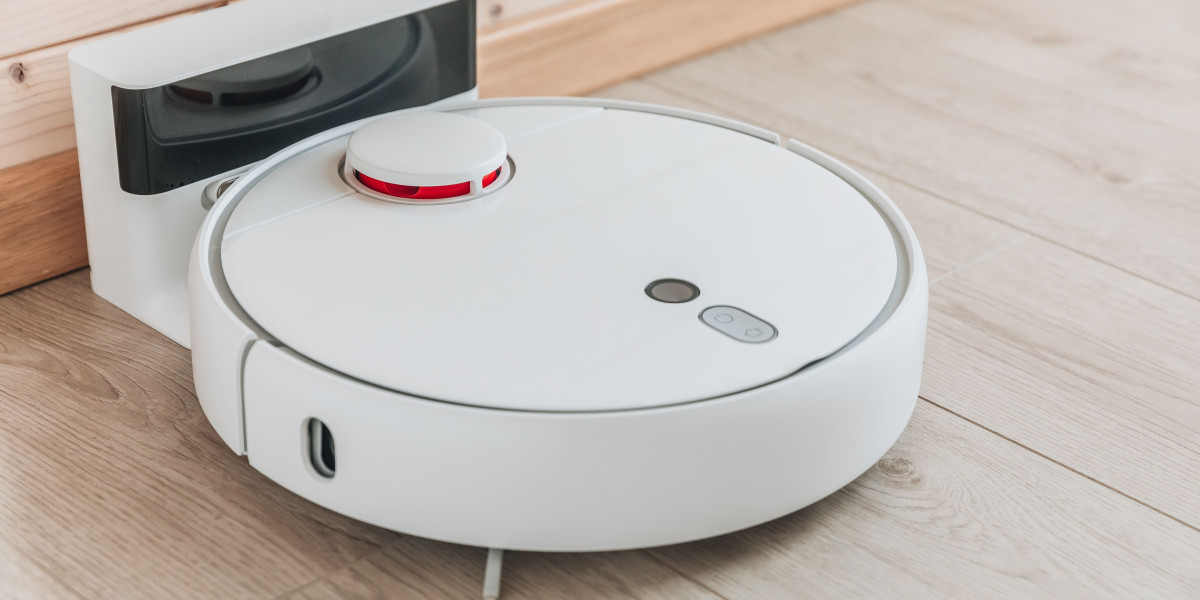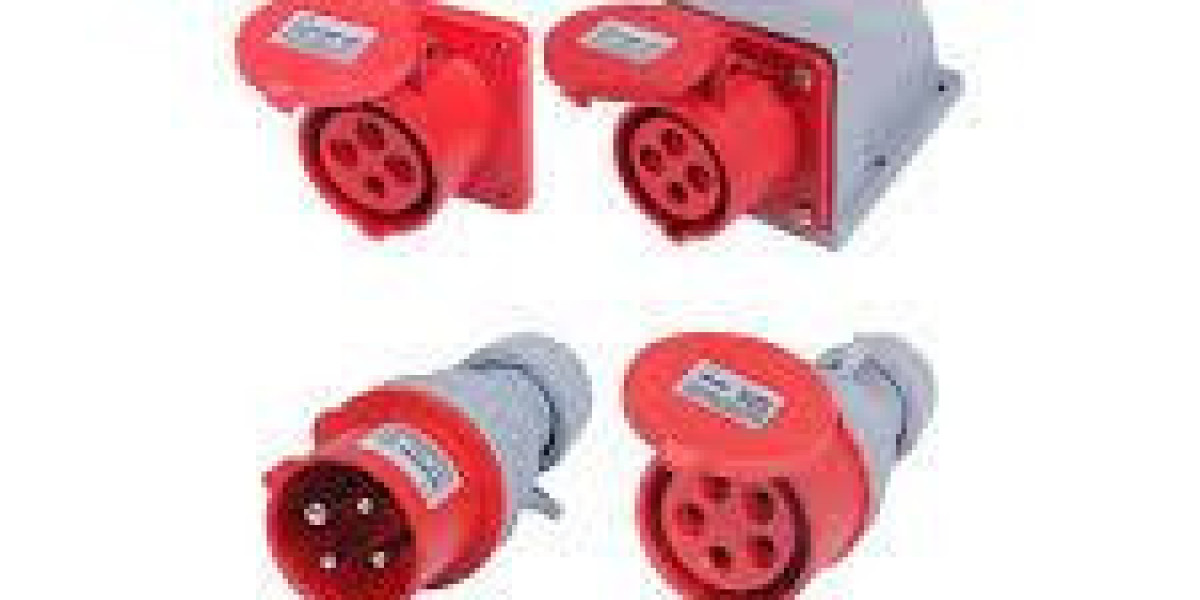The Rise of Robot Vacuum Cleaners in Industrial Settings
In current years, the landscape of industrial cleaning has seen a considerable change with the intro of robot vacuum cleaners. These automated vacuum gadgets are not simply a novelty for homes; they have actually gained traction in storage facilities, manufacturing plants, and other industrial environments. This post checks out the functionality, advantages, and considerations of robot vacuum within the industrial context, while addressing some frequently asked questions.

What are Robot Vacuum Cleaners?
Robot Best Roborock Vacuum are automated cleaning devices geared up with sophisticated sensors and technology that enable them to navigate around areas, spot dirt, and vacuum surfaces without direct human intervention. In industrial settings, they are created to deal with a variety of debris types, assist in routine cleaning schedules, and improve general operational efficiency.
Table 1: Key Features of Industrial Robot Vacuum Cleaners
| Feature | Description |
|---|---|
| Navigation | Utilizes LiDAR or camera-based navigation for precise mapping. |
| Size and Design | Compact and robust style to fit in tight areas and hold up against difficult environments. |
| Self-Charging | Immediately go back to its docking station for charging. |
| Dustbin Capacity | Bigger dustbin fit for industrial particles sizes and volumes. |
| Programs | Can be programmed for scheduling and specific cleaning jobs. |
| Data Collecting | Equipped with sensing units to collect information for upkeep and cleaning analysis. |
Benefits of Robot Vacuum Cleaners in Industrial Settings
The adoption of robot vacuum features a myriad of advantages:
Increased Efficiency:
- 24/7 Operation: Unlike human cleaners, robots can run all the time, contributing to continuous tidiness without downtime.
- Time-Saving: Automated cleaning allows staff members to focus on core jobs rather than cleaning responsibilities.
Cost Savings:
- Labor Costs: Maintaining a robot vacuum can reduce the need for a large cleaning staff, lowering overall labor costs.
- Operational Efficiency: With improved cleanliness and decreased downtime due to upkeep issues, organizations can minimize operational costs.
Enhanced Safety:
- Reduced Risk: By minimizing the human involvement in dangerous cleaning environments, the risk of mishaps is minimized.
- Consistent Cleaning: best robot vacuum vacuums make sure that areas are regularly cleaned up, minimizing slip hazards and unhealthy environments.
Increased Flexibility:
- Customizable Cleaning Routes: These makers can be configured to tidy particular areas or floors, adapting to changing industrial layouts.
- Range of Surfaces: Industrial robot vacuums can deal with various flooring types, from concrete to tiles, making them versatile.
Ecological Impact:
- Sustainable Cleaning Solutions: Many designs utilize minimal water and eco-friendly cleaning options, assisting in business sustainability efforts.
Table 2: Industrial Applications of Robot Vacuum Cleaners
| Industry | Application |
|---|---|
| Manufacturing | Cleaning production lines and assembly locations. |
| Warehousing | Preserving tidy and organized storage areas. |
| Food Processing | Making sure cleanliness in sensitive areas to satisfy hygiene requirements. |
| Pharmaceuticals | Keeping ultra-clean environments for production. |
| Logistics and Distribution | Keeping paths clear for effective operation. |
Obstacles and Considerations
While the advantages are considerable, businesses need to likewise think about numerous obstacles:
- Initial Investment: The in advance expenses of acquiring industrial robot vacuum can be significant, though long-lasting cost savings may offset this expense.
- Maintenance and Repairs: Regular maintenance is vital to keep the robotic vacuum cleaner systems working efficiently, and repairs can sustain extra expenses.
- Integration: Businesses may require to incorporate these makers into existing workflows, which can require time and modification.
- Training and Support: Staff might require training to efficiently manage these machines, particularly when troubleshooting or programming is needed.
FAQs About Robot Vacuum Cleaners in Industrial Settings
1. How much do industrial robot vacuum cleaners cost?
The cost can range from a couple of thousand to 10s of thousands of dollars, depending upon specifications, features, and brand.
2. What types of surfaces can they clean up?
best cheap robot vacuum vacuum cleaners are ideal for numerous surface areas including carpets, tiles, concrete, and even some wooden floors.
3. How do they navigate intricate industrial environments?
Many industrial robot vacuums use innovative navigation systems like LiDAR, electronic cameras, and sensing units to map out and adapt to their environments for effective cleaning.
4. Can they clean large areas without human intervention?
Yes, industrial robot vacuums are created to tidy substantial locations with pre-programmed paths and schedules, efficiently running autonomously.
5. Are these robots ecologically friendly?
Lots of models prioritize performance and minimize water use, making them a more environmentally friendly cleaning option compared to standard methods.
The introduction of robot vacuum into industrial environments represents a remarkable development in cleaning innovation. With their capability to improve efficiency, decrease labor costs, and keep safety, these automated systems are leading the way for smarter and cleaner industrial operations. While difficulties may exist, the best robot vacuum cleaner long-lasting advantages and technological advancements are encouraging for industries seeking to enhance their cleaning procedures. As innovation continues to develop, we can anticipate more innovations in robot vacuum that will transform industrial cleaning practices even more.







